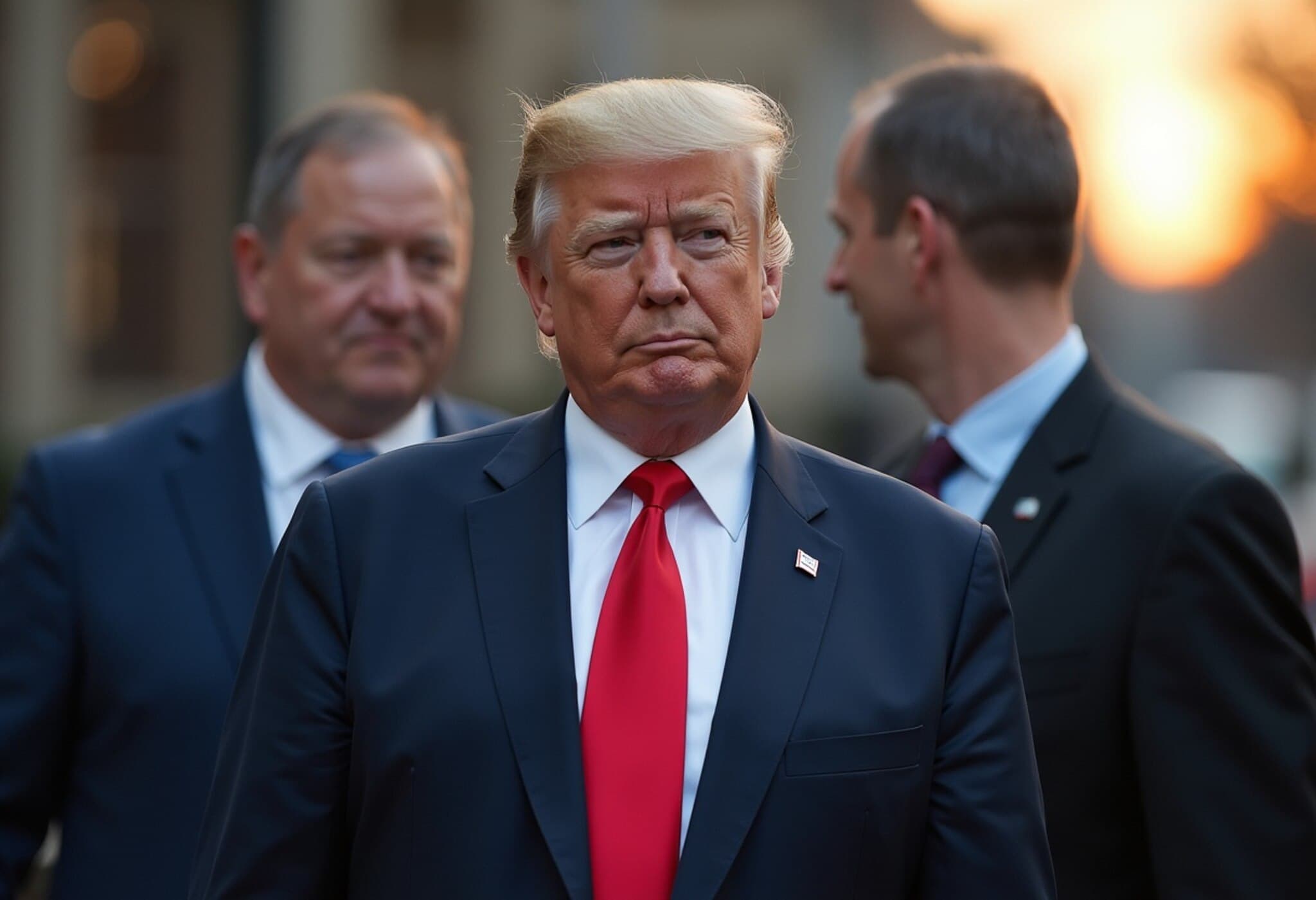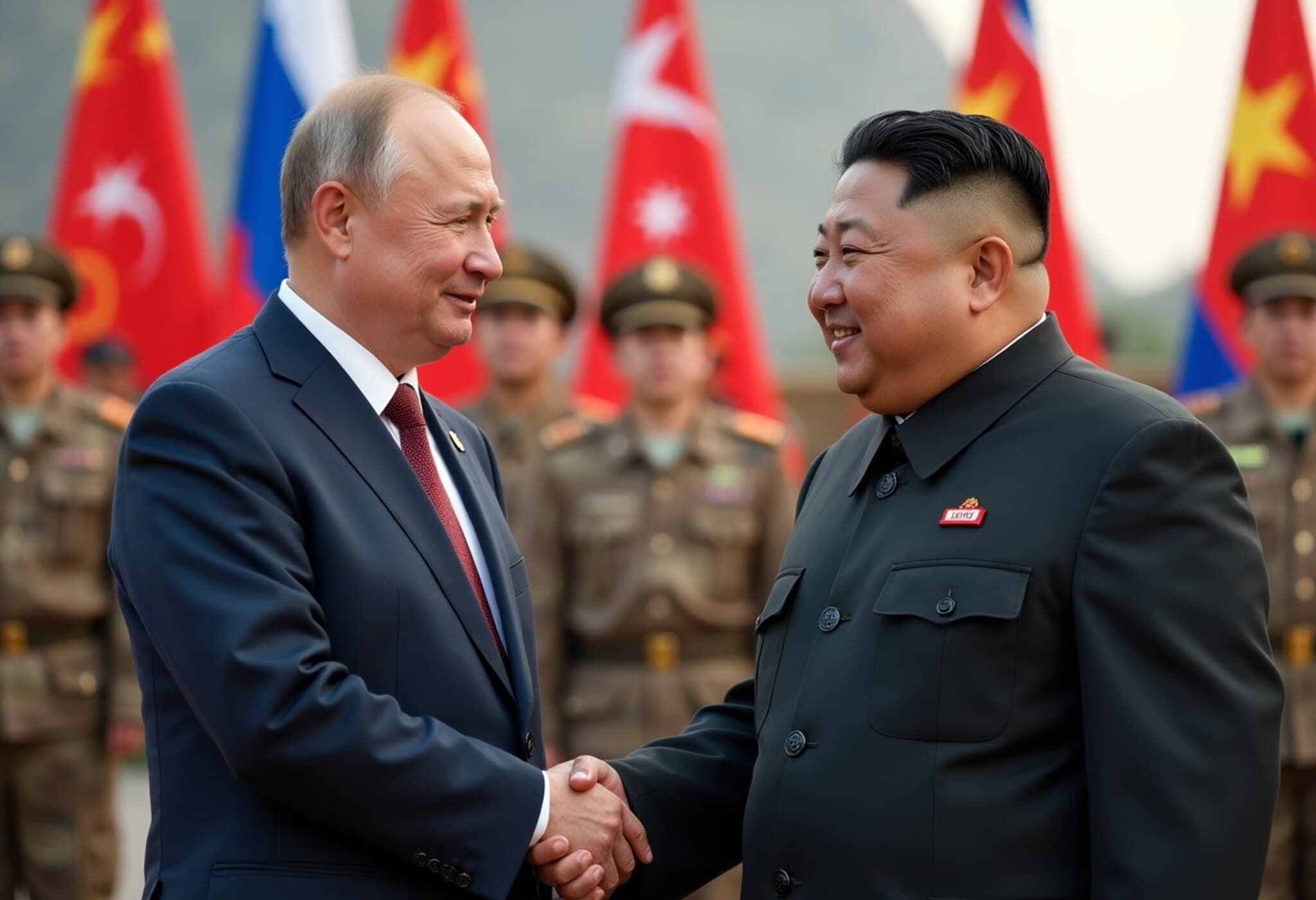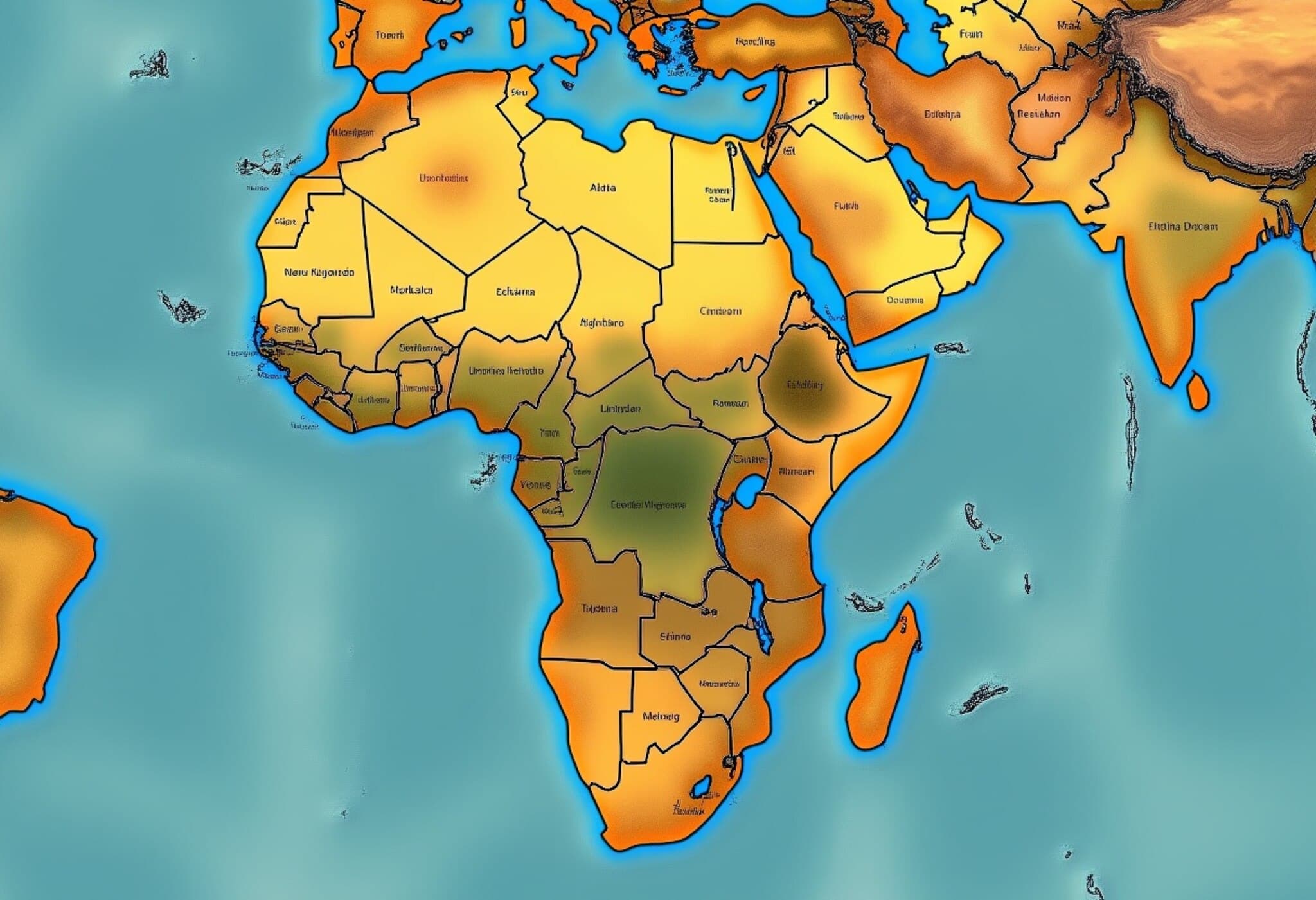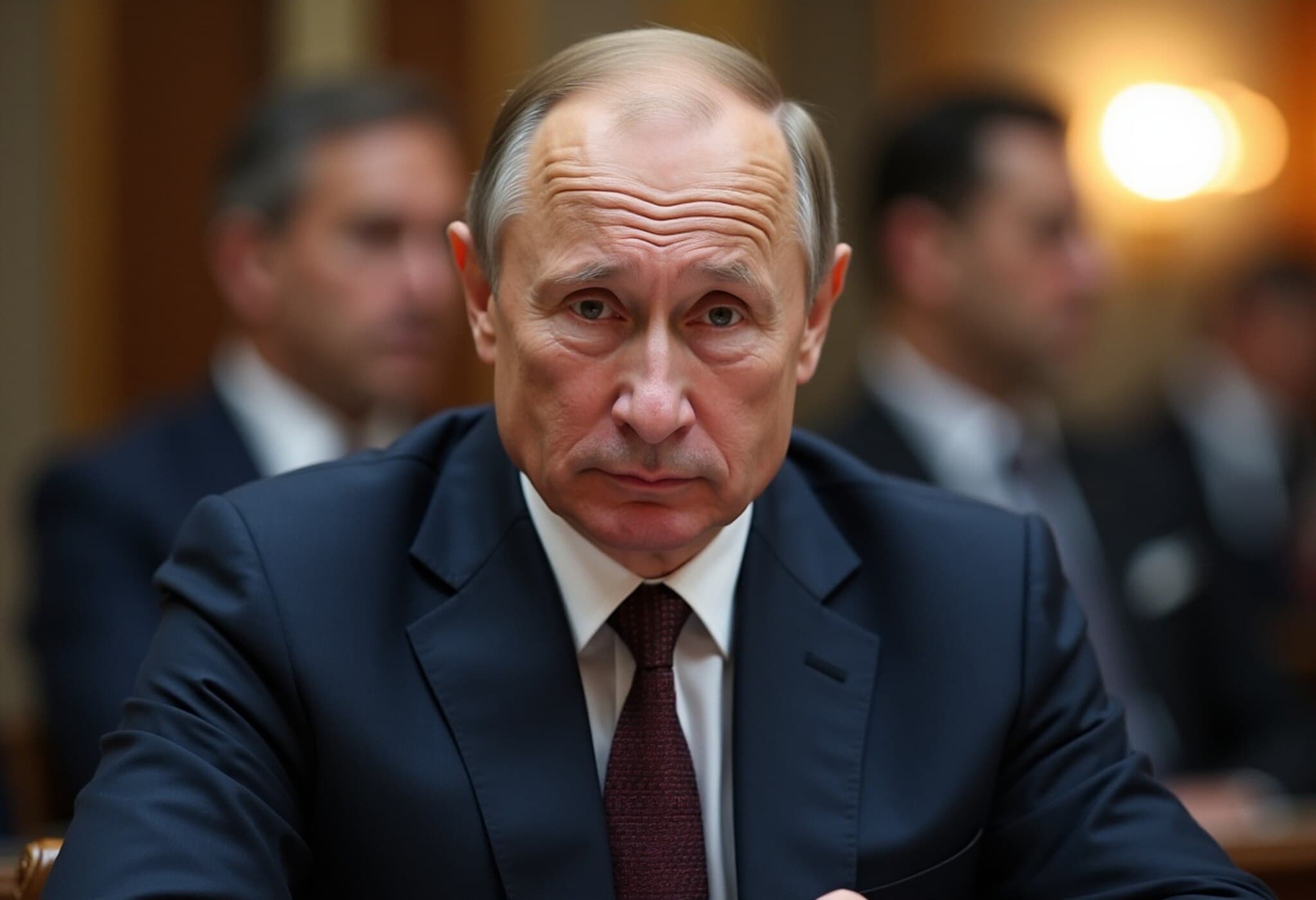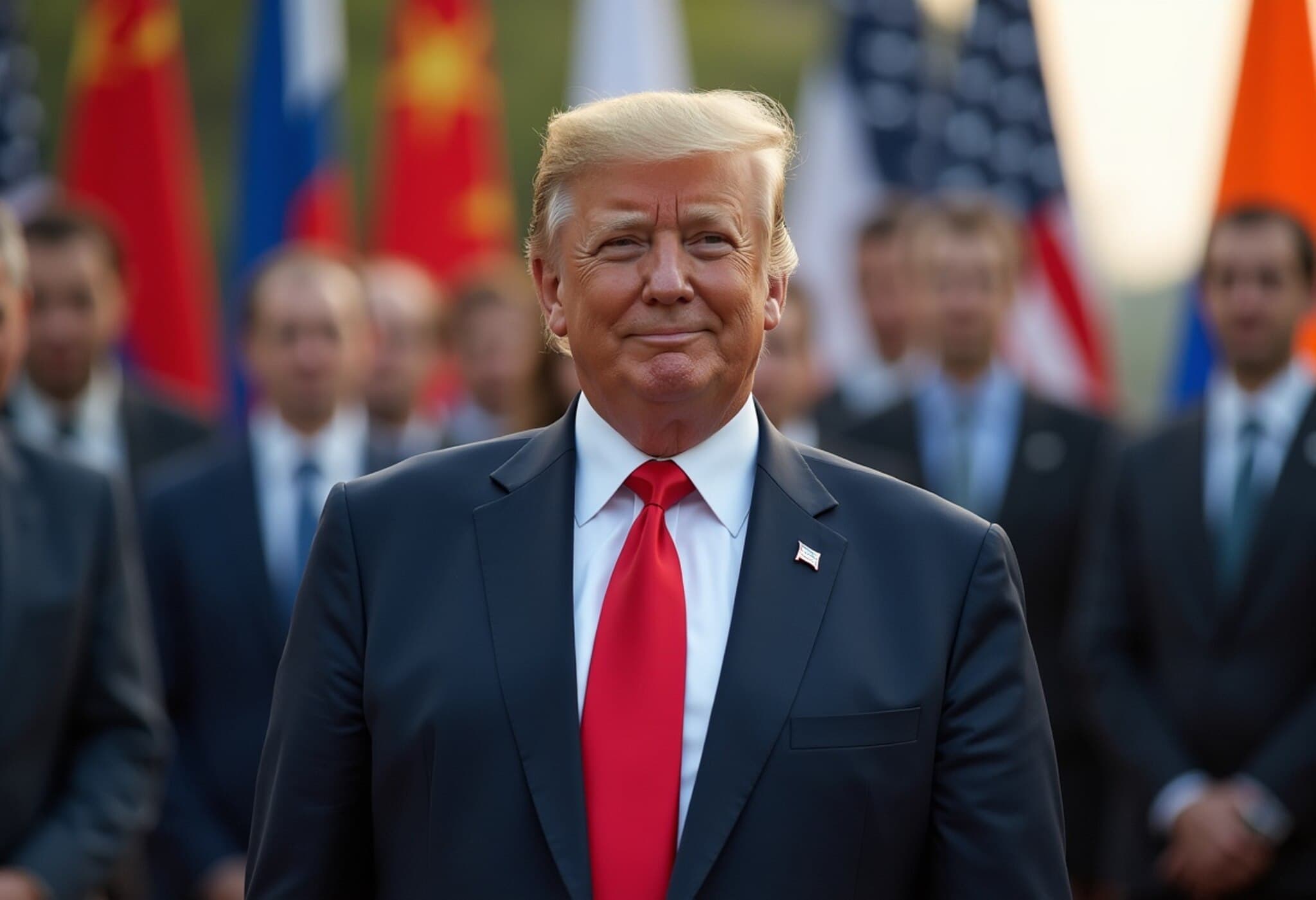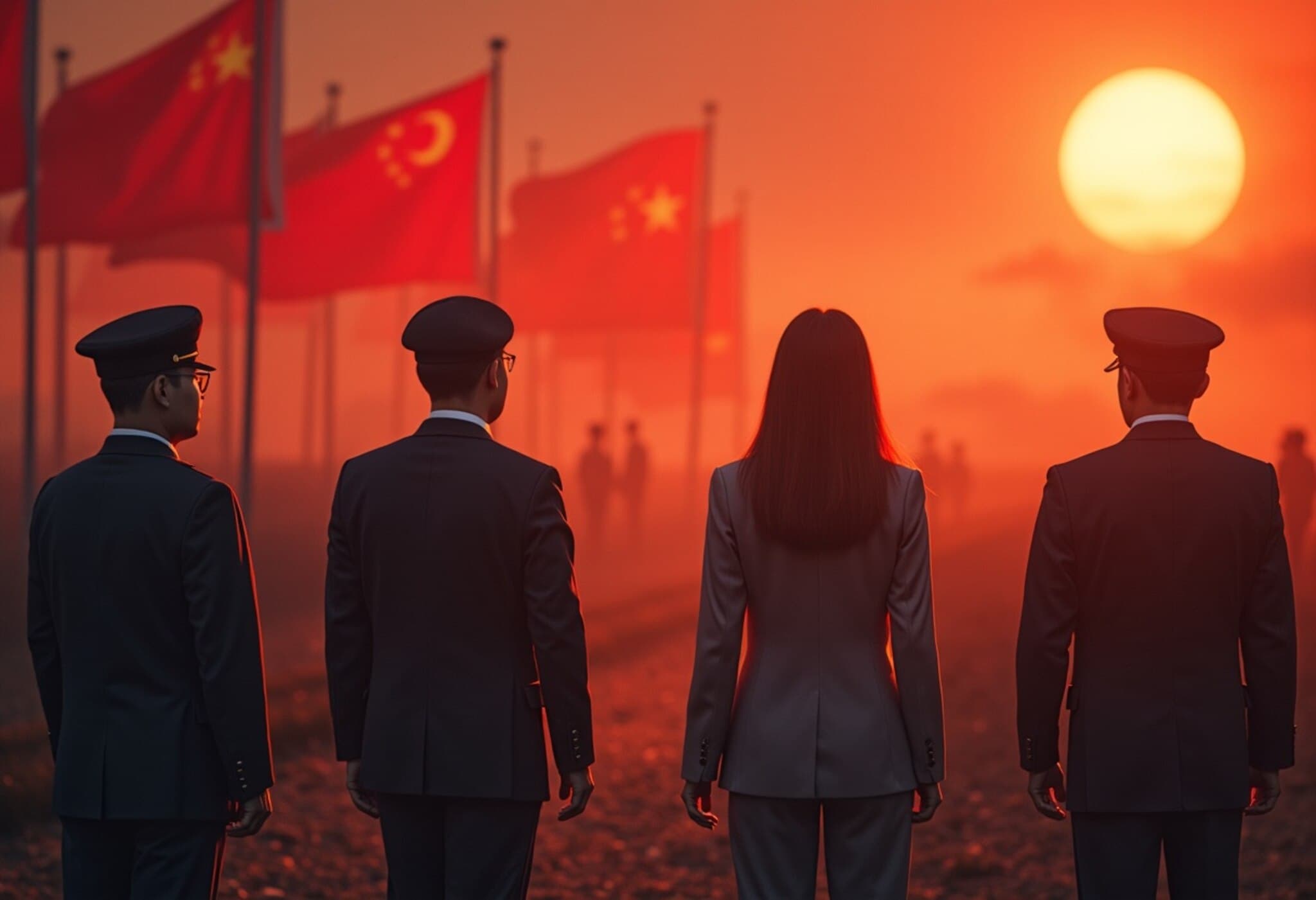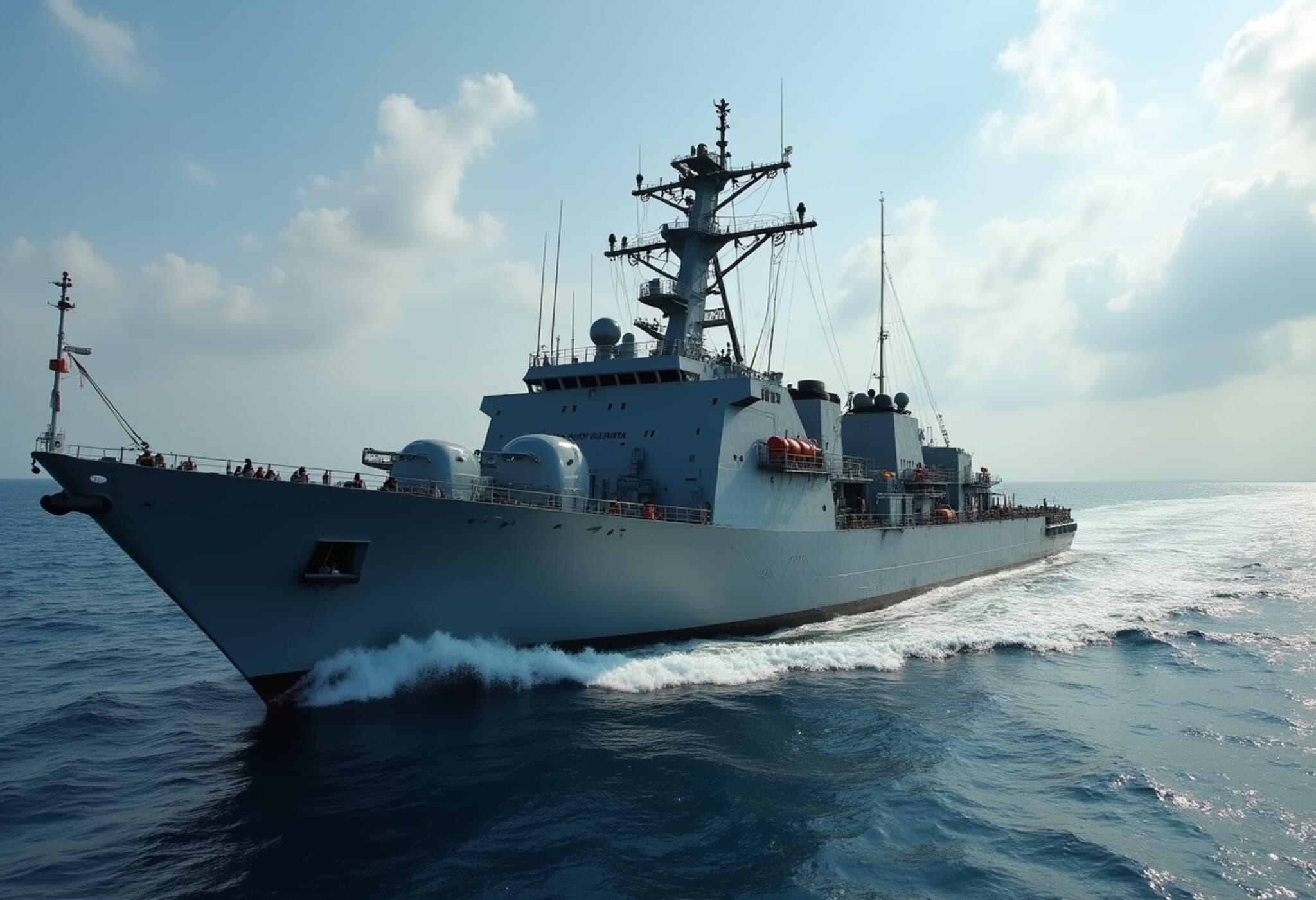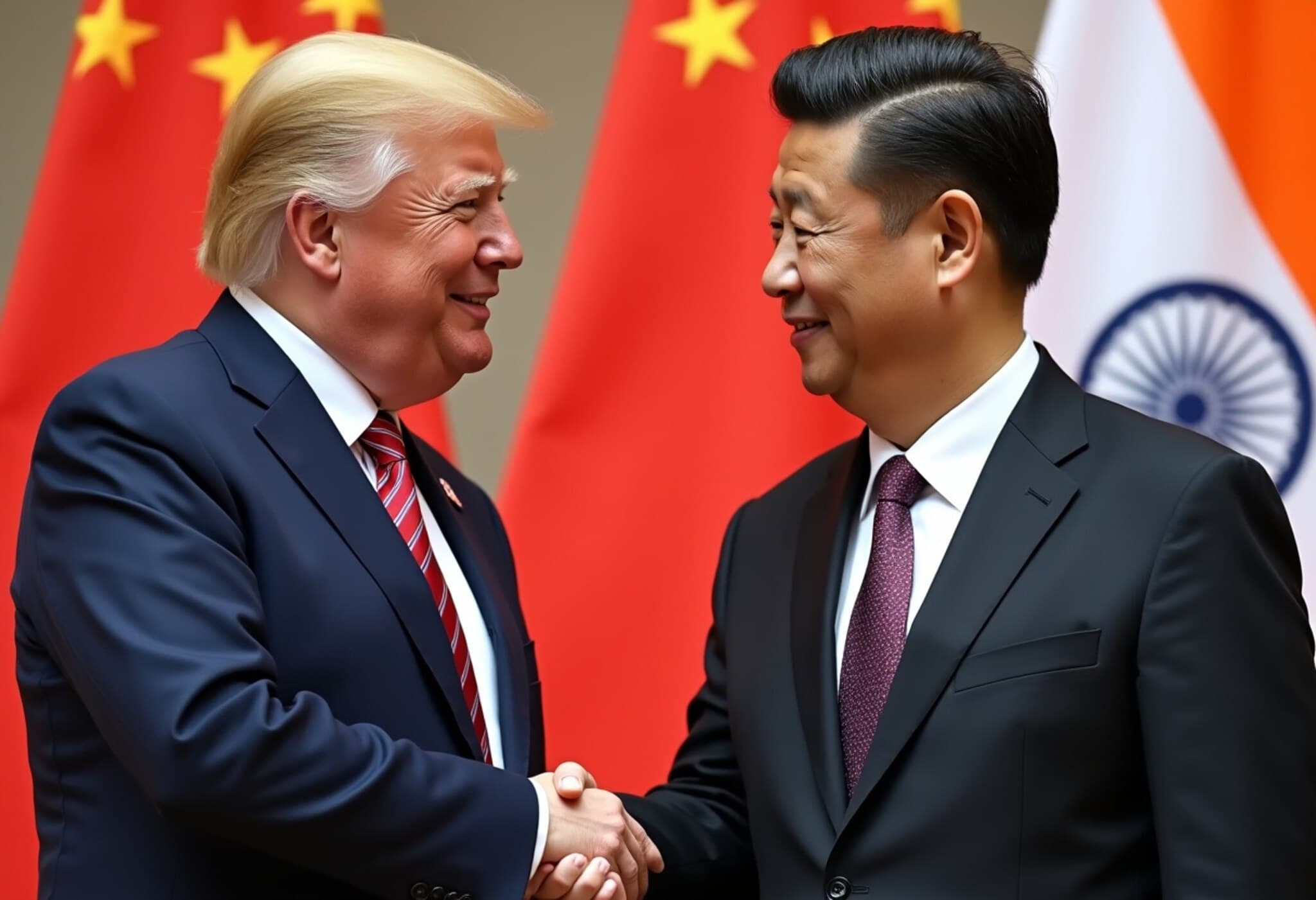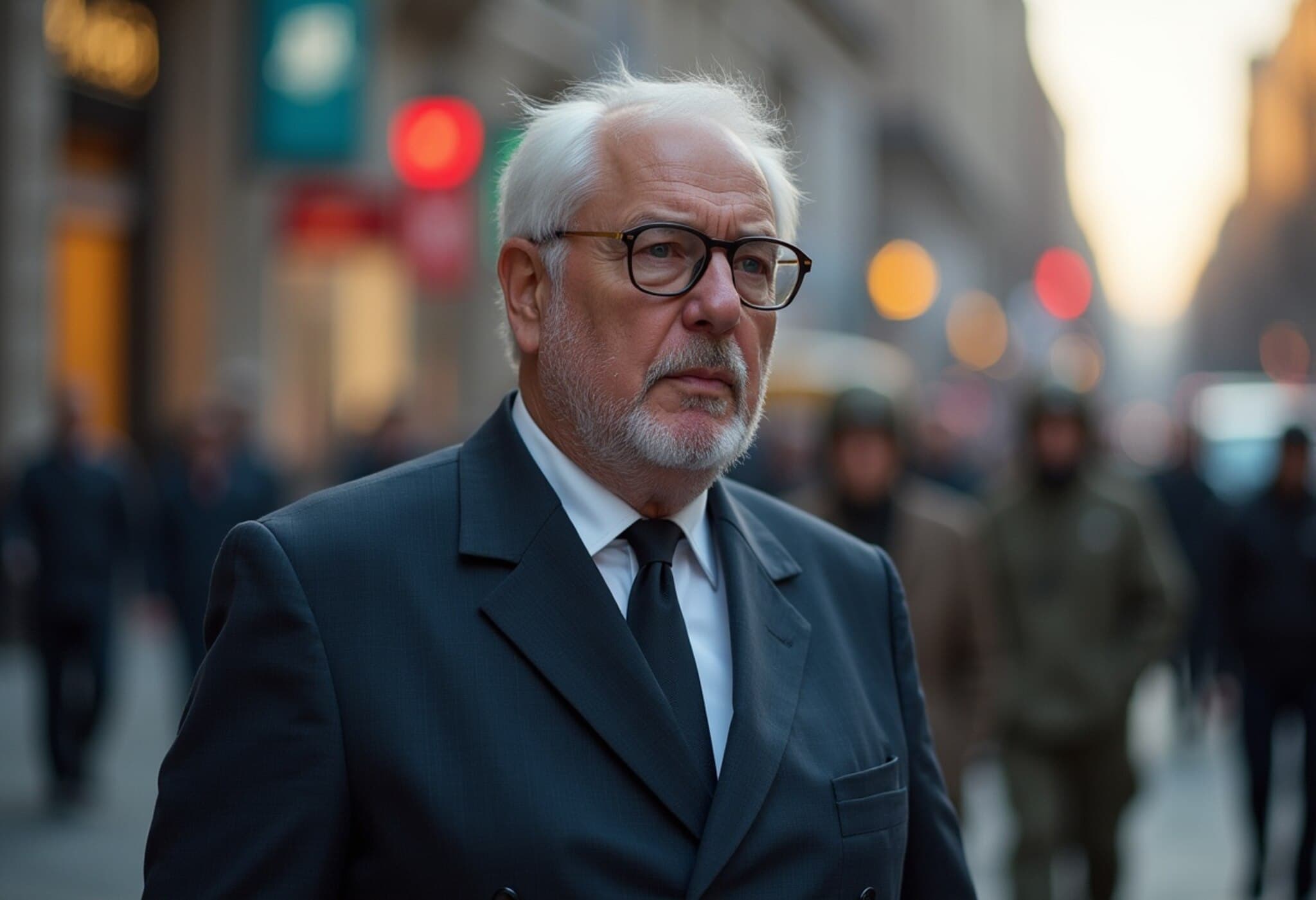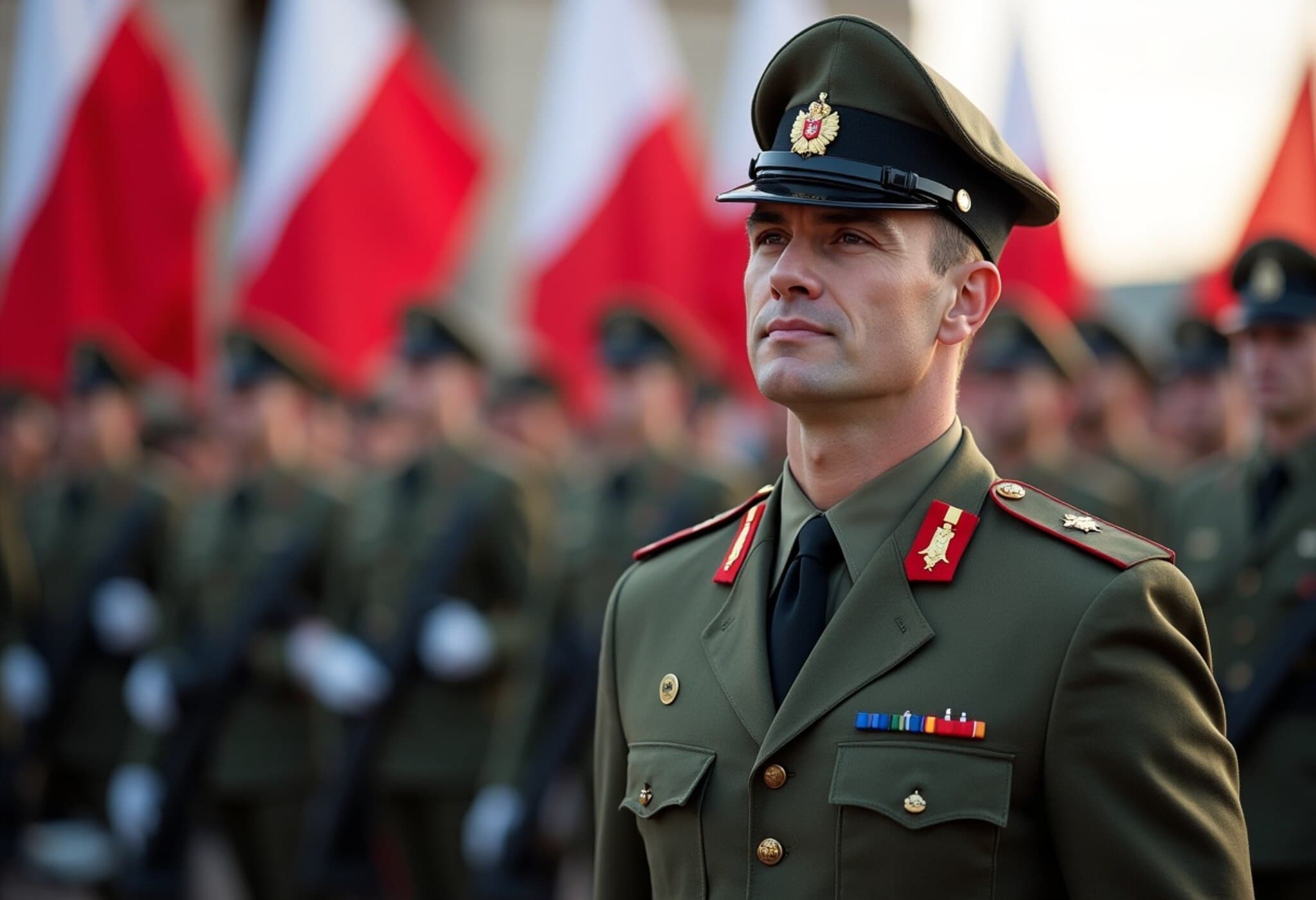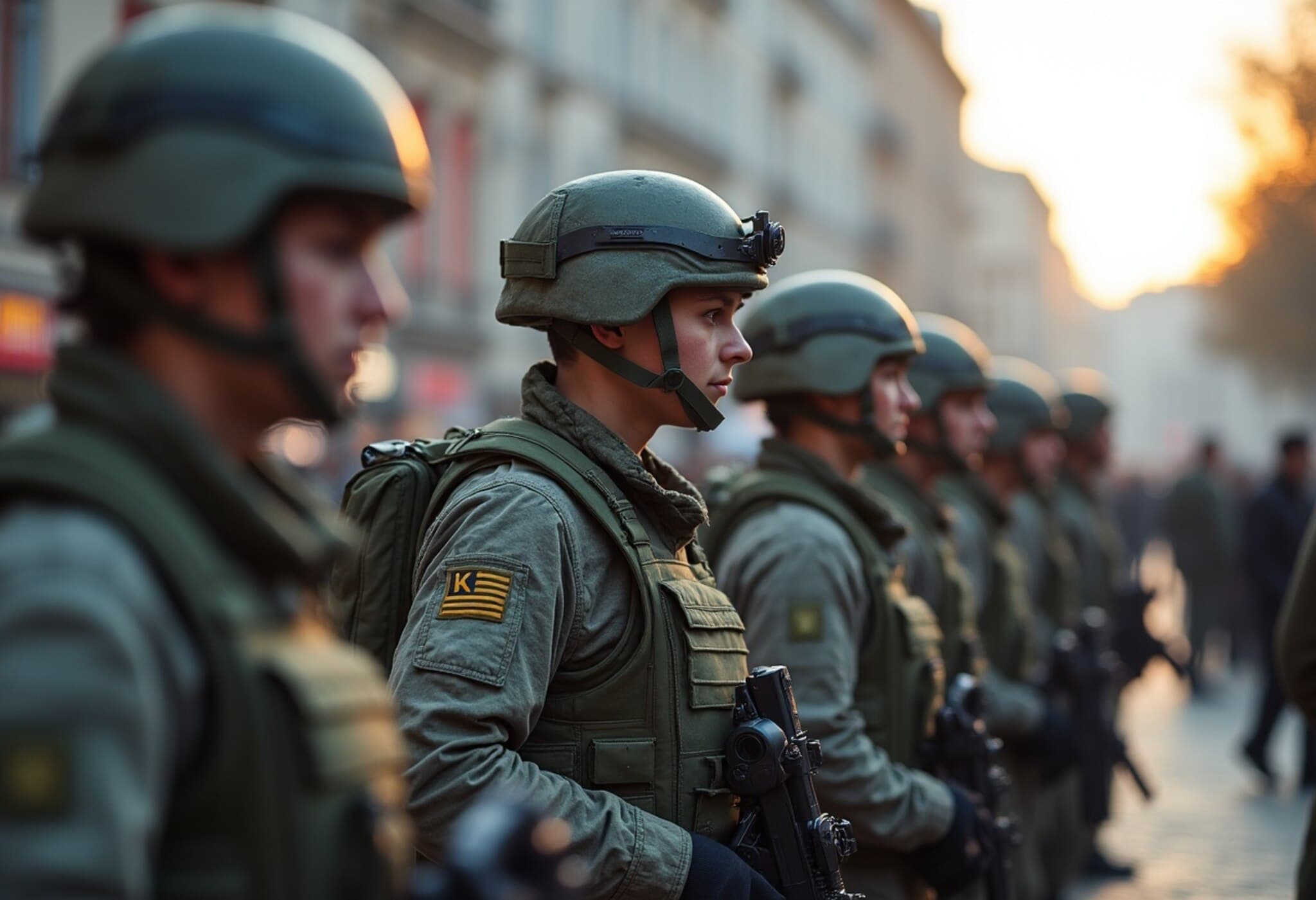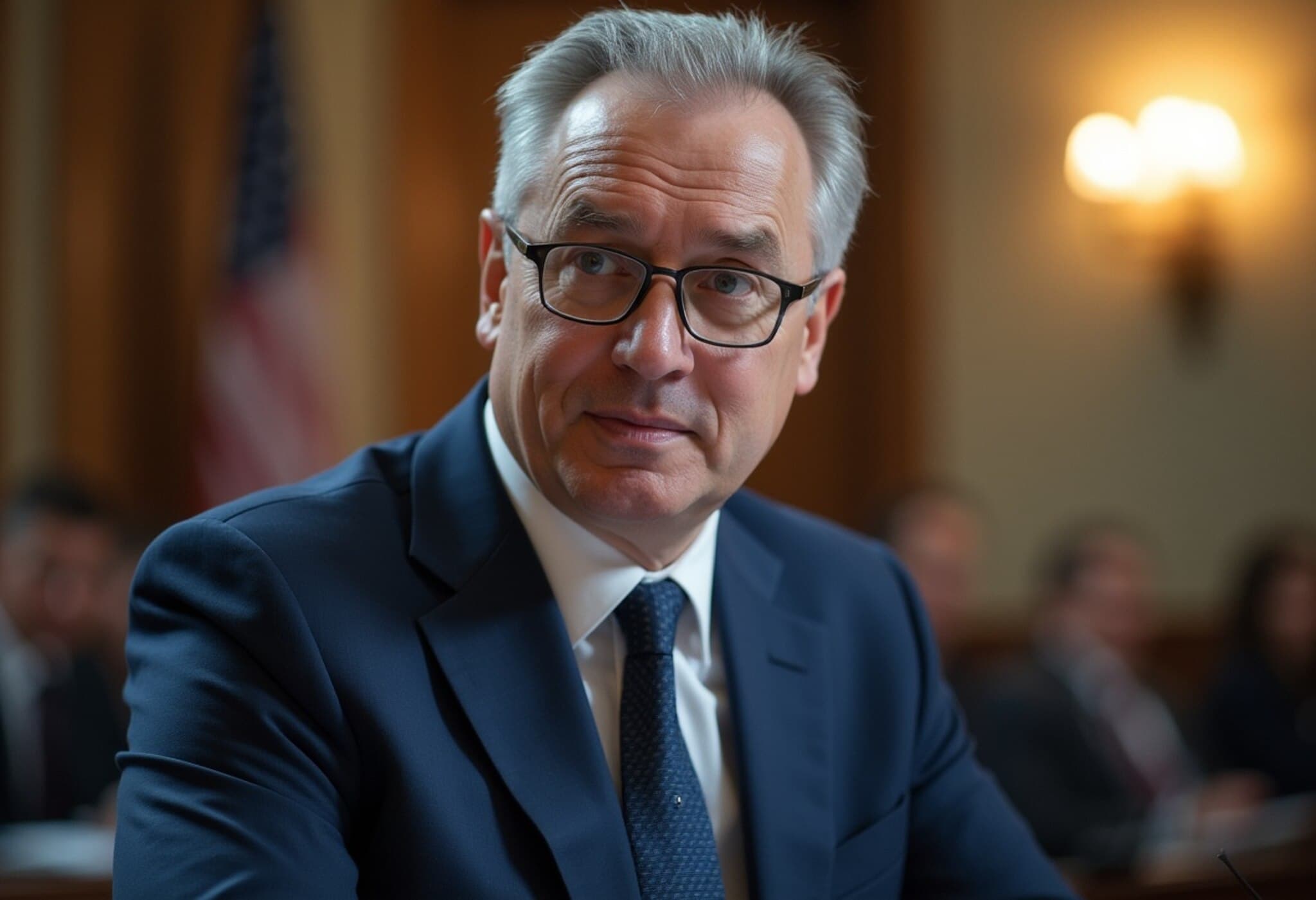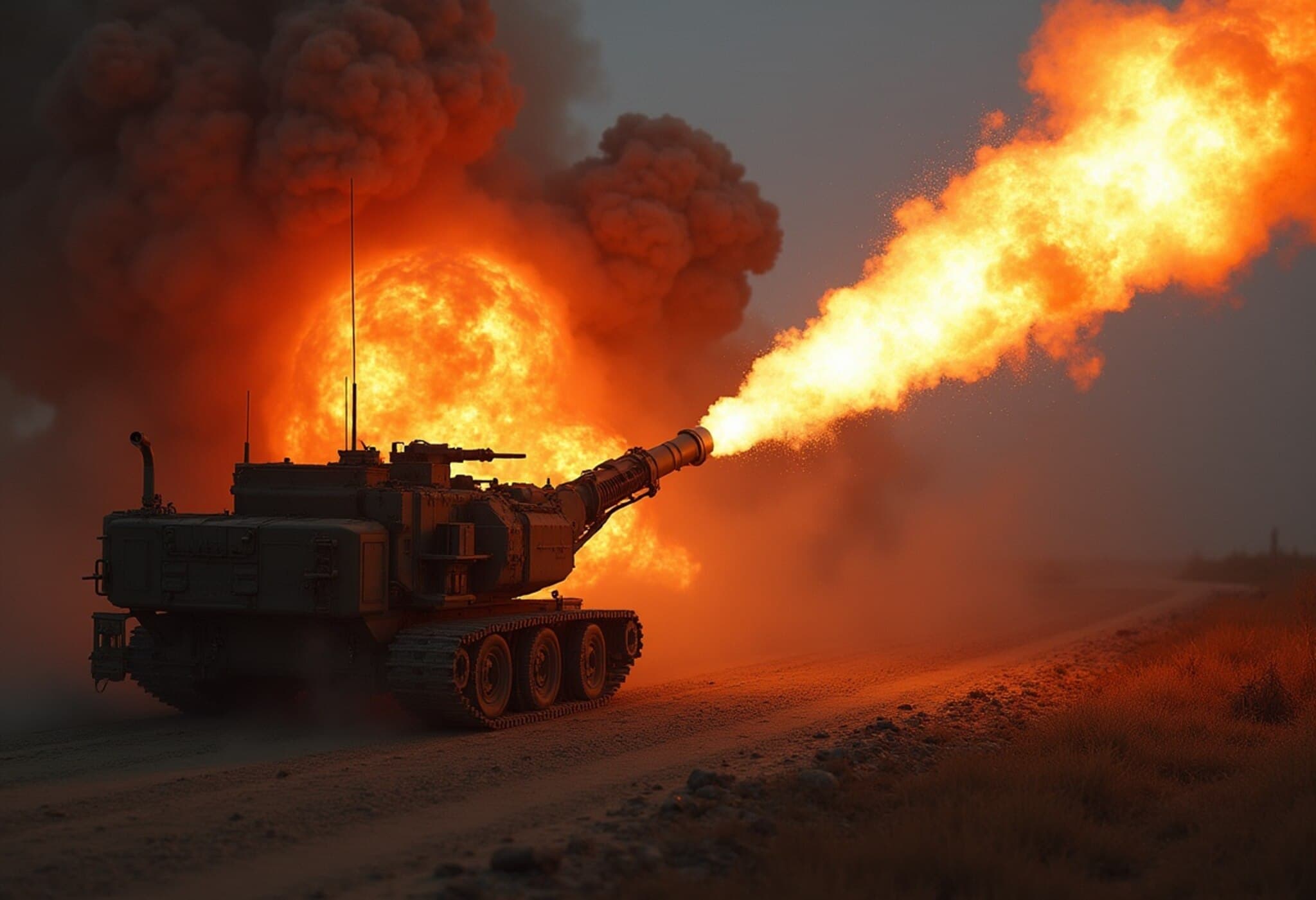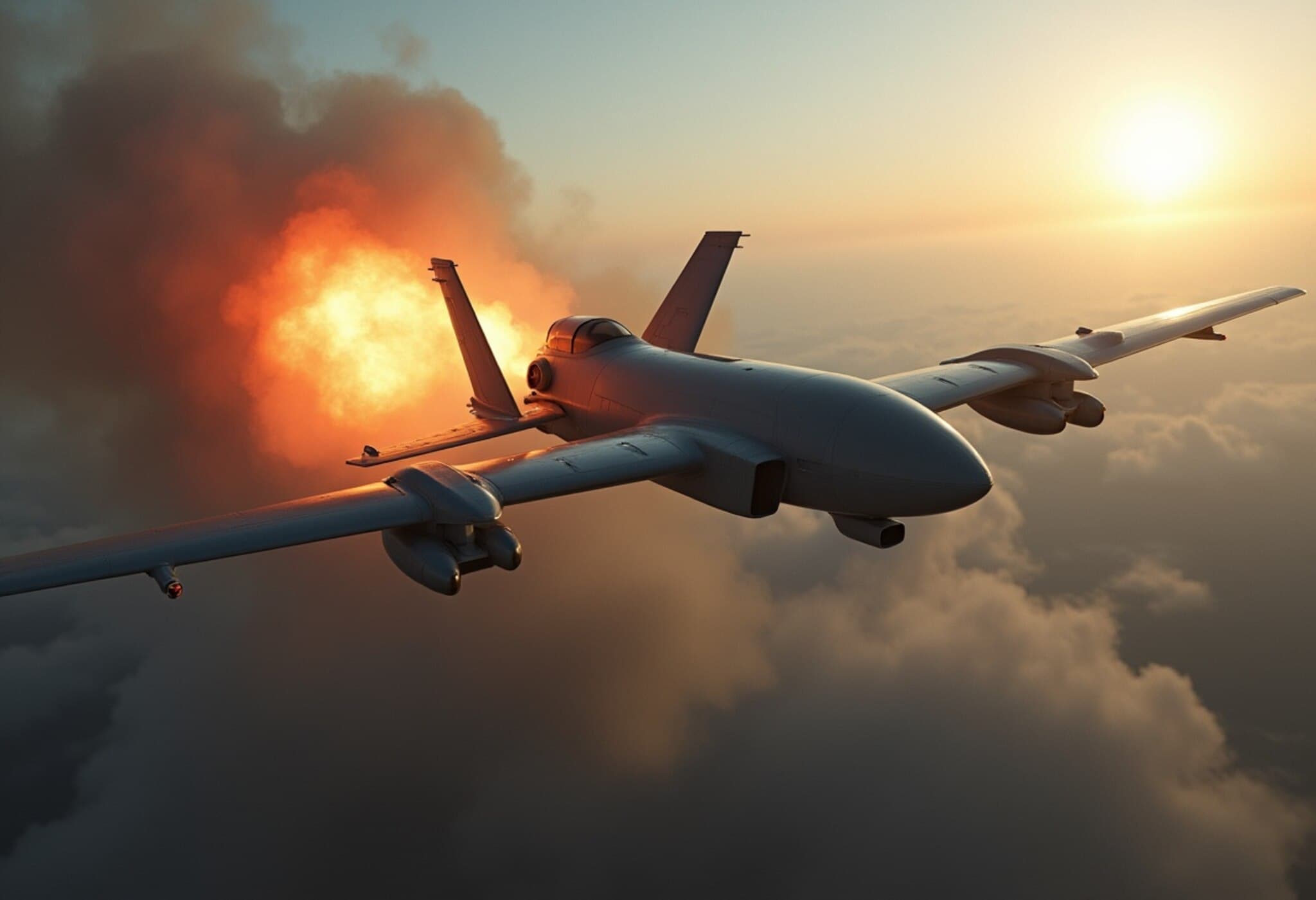Russia Shrugs Off New US Sanctions Threat in Prolonged Ukraine War
As the Ukraine conflict lingers into its fourth year with no clear resolution in sight, Russia has downplayed the latest threats of fresh US sanctions, branding them as "old news" and refusing to acknowledge them as credible pressure. This response comes shortly after former US President Donald Trump issued a 50-day ultimatum for Moscow to negotiate a peace settlement with Kyiv, while also unveiling a NATO-supported military aid package aimed at bolstering Ukraine’s defense.
Russia’s Reaction: Sanctions No Longer a Shock
On July 17, 2025, a spokeswoman for the Russian Foreign Ministry conveyed Moscow’s prevailing sentiment: new sanctions proposals no longer affect Russian policy or public opinion. Citing Reuters, she emphasized, “Possible new US sanctions have long ceased to be news to us.” Adding firmness to the statement, she declared, “We do not accept threats.” This stance underscores Russia’s growing resilience or perhaps desensitization to economic and diplomatic pressure from the West.
Trump’s Ultimatum and NATO’s Role
Earlier in the week, former President Trump expressed frustration with the ongoing conflict dynamics, demanding that Russia come to the negotiating table within 50 days to broker peace with Ukraine. To back this call, he unveiled a military aid plan backed by NATO allies, signaling strong Western commitment to Ukraine’s armed resistance.
Trump further warned that if Russia failed to engage seriously, the United States would impose “tough tariffs” on Russia’s trading partners to disrupt financial channels reportedly fueling Moscow’s military campaign. This move highlights Washington’s strategy of extending economic pressure beyond Russia alone, targeting countries still maintaining active trade with Moscow.
Kremlin’s Calculated Response
Initially, Russia appeared to take Trump’s ultimatum more seriously. Kremlin spokesperson Dmitry Peskov acknowledged the gravity of the statement, urging for time to analyze Washington’s proposals. He also reiterated Russia’s call for Ukraine to propose dates for the next round of direct negotiations, underlining Moscow’s preference for dialogue on its own terms.
Contextual Insights: What This Means for US-Russia Relations
The continued cycle of sanctions announcements followed by Russian dismissal has become a repetitive pattern, raising key questions about the efficacy of economic coercion in conflict resolution. Experts suggest that Russia’s hardened stance partly stems from its desire to project strength internally and externally amid ongoing military and economic pressures.
- Sanctions Fatigue: Years of sanctions have not compelled Moscow to shift strategy, suggesting that alternative diplomatic or strategic approaches may be necessary.
- Impact on Global Trade: Tariffs targeting Russia’s trading partners could ripple through global markets, affecting economies indirectly linked to the conflict.
- Diplomatic Deadlock: Both sides’ hardline positions complicate prospects for genuine negotiation without significant shifts in geopolitical strategy.
Looking Ahead
As the Ukraine war grinds on without a breakthrough, the effectiveness of threats and economic sanctions remains questionable. The resilience demonstrated by Russia signals a need for Western policymakers to reassess strategies if the objective is to bring about peace without further prolonged suffering for civilians.
Editor’s Note
The latest exchange between US officials and Russian authorities exemplifies the complex dynamics that characterize modern geopolitical conflicts. While sanctions aim to pressure governments, their real-world impact varies widely and often produces unintended consequences. Readers are encouraged to consider how prolonged conflicts reshape international relations and economic ties far beyond the immediate battleground.

